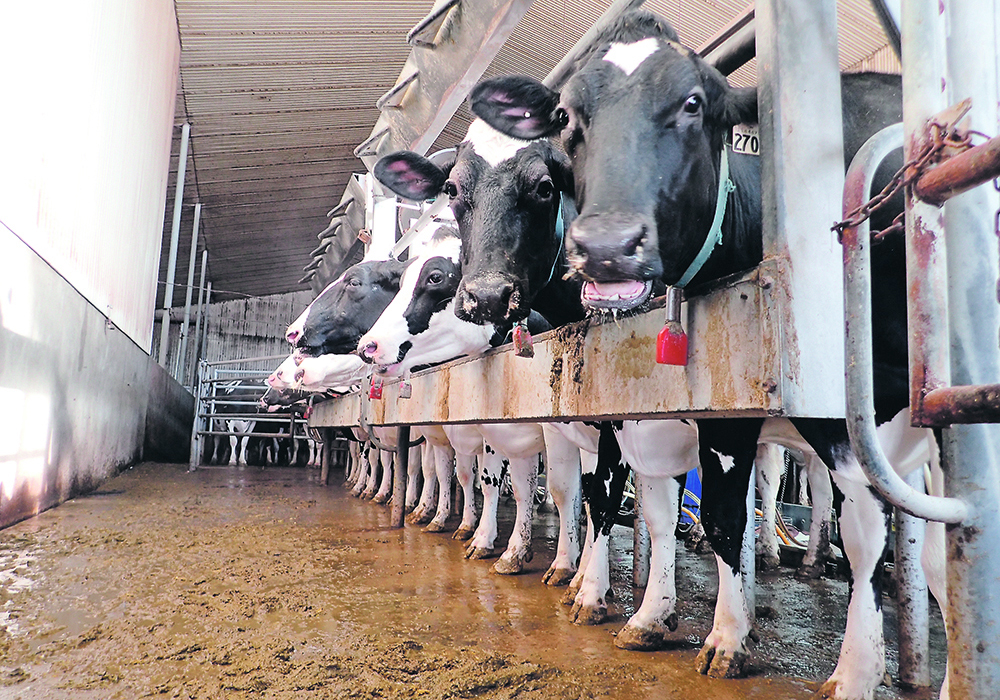The Conservative shadow minister for agriculture says differing messages coming out of two standing committees last week do not show division within the party over supply management.
The agriculture committee issued its report following its study of global food security, which included a recommendation to protect the supply management system.
At the international trade committee, Conservative members voted against Bill C-282, the private member’s bill that would keep supply management off the table in future trade negotiations. It passed clause-by-clause consideration and will return to the House of Commons for a vote.
Read Also

Crop quality looks good this year across Prairies
Crop quality looks real good this year, with the exception of durum.
A Liberal MP also voted against it.
John Barlow, who is also vice-chair of the agriculture committee, said he does not know how the vote will go.
Supply management is a key sector in many Quebec and Ontario ridings. The bill was introduced by a Bloc Quebecois member but Liberal and Conservative MPs also represent ridings in those provinces with significant dairy, egg and poultry operations.
“As Conservatives, we support supply management. That’s in our policy document,” Barlow said in an interview.
However, he said the party doesn’t support tying the hands of future governments in trade negotiations.
“There are some serious implications potentially with such legislation that sends a pretty stark message to potential trading partners that a key issue is not going to be on the table,” he said.
Barlow said it’s a “precarious” time to throw up non-tariff trade barriers with a U.S.-Mexico-Canada Agreement review in three years, ongoing negotiations with the United Kingdom and recent traction in trade talks with India.
Previous trade agreements have been negotiated without giving up market access to supply-managed sectors, but that’s changed with more recent agreements. Barlow said if he were a dairy farmer he’d be upset about losing the opportunity to export Class 6 and 7 milk products under the USMCA.
However, he said pre-emptive action is not the way to go.
“What’s to stop them from saying if you’re not going to talk about supply management we’re not talking at all?”
Barlow said the difference between voting against the legislation and supporting a recommendation in a report is how the government takes that direction. There is no way to enforce a recommendation.
The food security report contains 22 recommendations on with issues ranging from labour to infrastructure to mental health.
Barlow said many recommendations have appeared in previous studies but haven’t been addressed, such as numerous labour studies and one calling for support for local and regional processing.
Meanwhile, the committee has set the parameters for two upcoming studies on preparedness and safeguards in the face of animal diseases, such as avian influenza, African swine fever and foot-and-mouth disease, and another on the agricultural aspects of the Indo-Pacific strategy.
Barlow said he was happy to see funding for a foot-and-mouth vaccine bank in the last budget but worries the requirement for provincial participation could hold that up.
He said disease preparedness is critical.
Barlow said over the last few months, the Canadian Food Inspection Agency has frustrated people with its handling of the avian flu outbreak, for example.
He said people have complained that CFIA was late getting to farms, and euthanization and disposal, which is supposed to take place within 48 hours, sometimes took 10 days.
















